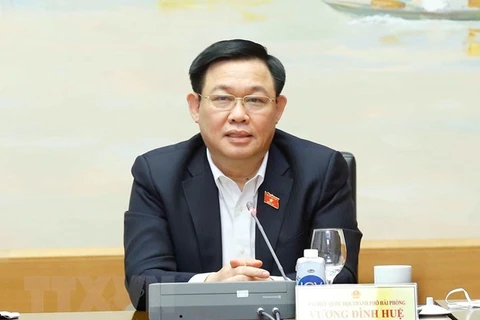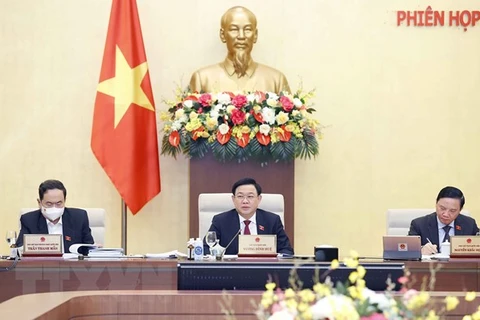Hanoi (VNA) – A seminar to launch a report on economic reforms for effective intellectual property protection in the context of economic integration and digital transformation in Vietnam, took place in Hanoi on March 24.
The event was held by the Central Institute for Economic Management (CIEM) and the Australia-Vietnam Economic Reform (Aus4reform) Programme.
The report updates regulations on intellectual property protection in Vietnam; reviews and analyses commitments on intellectual property in a number of international treaties of Vietnam, especially in new-generation free trade agreements; and recommends policies for amending and supplementing the Law on Intellectual Property.
It also focuses on analysing requirements for completing regulations on intellectual property protection in Vietnam to support digital transformation; challenges to amending regulations on intellectual property protection in line with international commitments; and proposing economic innovation orientations to strengthen intellectual property protection in the country.
In her opening speech, Director of CIEM Tran Thi Hong Minh emphasised that the amendment and supplementation of laws on intellectual property is not only necessary for international integration but also for the country's digital transformation.
Nguyen Anh Duong, head of the CIEM's General Research Department, said Vietnam aims to be in the group of leading countries in ASEAN in terms of creativity, protection and exploitation of intellectual property rights, by 2030.
The country also strives to increase both the quantity and quality of new intellectual property of Vietnamese individuals and organisations and the number of products with high intellectual property proportion; and dramatically improve Vietnam's indexes on intellectual property in the Global Innovation Index, and the efficiency of using intellectual property rights.
Under the report, Vietnam needs to pay heed to improving awareness of intellectual property protection for businesses, organisations and individuals; and applying the online dispute resolution mechanism in civilly handling of disputes related to intellectual property rights for businesses and individuals./.


























